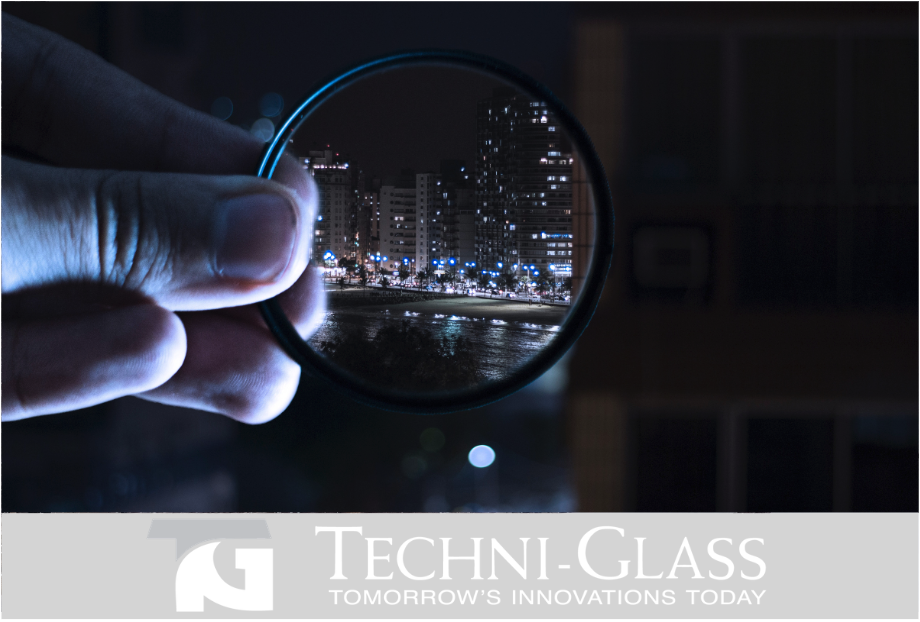When Google Glass launched a few years ago, consumers were widely uninterested in a wearable, glasses-sized computer for their eyes. At the time, the glasses mostly just allowed users to view a small screen in the peripheral view of their glasses that displayed things like weather notifications. While the concept was interesting, the actual product was more of a nuisance than a solution.
However, many in the tech and science industries saw potential. That’s what led Envision to partner with Google Glass to develop an AI-powered version of the glasses, available now for pre-order. Envision’s smartglasses were designed to empower blind and visually impaired people to be more independent. Here’s how:
Text Dictation
Envision’s smartglasses feature the most comprehensive, accurate, and fast Optical Character Recognition available, enabling users to read text in over 60 languages from any surface. Users can prompt the glasses to speak the text being scanned, enabling blind people to effectively read anything from street signs to novels and magazines to handwritten notes and cards.
Environment Description
The glasses can also audibly give you information about your surroundings by detecting colors from any surface and scanning barcodes. Using this information to describe scenes, this feature can be helpful in situations ranging from shopping to getting ready in the morning.
Object & Facial Recognition
The AI-powered facial and object recognition features can help users find anything from their keys on a messy counter to their friend at a crowded coffee shop.
Video Calling
If the glasses aren’t giving you the details you’re looking for about your surroundings, they can be used to video call someone or to take a video recording. This way, you can show someone else exactly what you’re seeing so they can provide further assistance.
Envision Glasses are huge improvement on Google Glass’s initial launch. A true solution, it’s easy to see how these features will be able to help blind and visually impaired users more independently do things like interact with others, use public transportation, and navigate their homes.
And this is really just the tip of the iceberg. As technology and AI continue to advance, we will continue to see glass get smarter and smarter.

